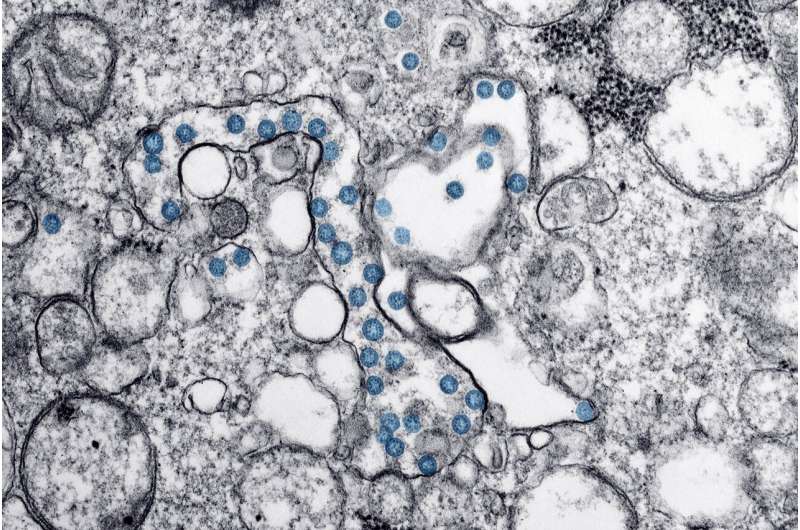Review summarizes recent advances in nanomaterial-based antiviral strategies

As the COVID-19 pandemic has shown, infectious diseases are a serious threat worldwide, and new strategies are needed to combat them. In recent years, nanotechnology-based antiviral agents have generated promising results. A review in Small Structures summarizes the recent advances in nanomaterial-based antiviral strategies, mainly including antiviral nanodrugs, drug nanocarriers, and nanovaccines.
Scientists note that nano-sized particles exist in nature and can be created from a variety of products. Nanomaterials can be useful for targeted delivery of antiviral treatments, leading to improved efficacy and reduced systemic toxicity. More studies are needed before they can be used in the clinical, however.
"We summarize various applications and action mechanisms of nanomaterials for antiviral use, and also discuss their advantages and shortcomings in antiviral therapy from the perspective of materials science," the authors wrote.
More information: Xican Xu et al, New Advances in Nanomaterial‐Based Antiviral Strategies, Small Structures (2022). DOI: 10.1002/sstr.202200021
Provided by Wiley





















